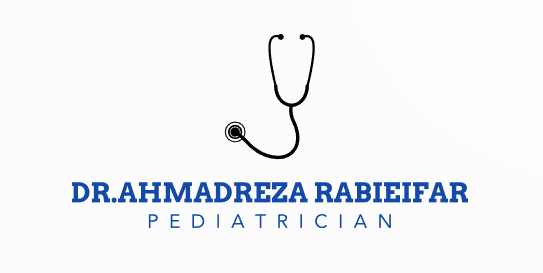Diet for Attention Deficit Hyperactivity Disorder (ADHD)
ADHD, or Attention Deficit Hyperactivity Disorder, is a brain disorder characterized by a persistent pattern of inattention and hyperactivity, which interferes with development and functioning. Can your food choices help improve memory, focus, and hyperactivity? Unfortunately, there is no scientific evidence that ADHD is caused by dietary or nutritional problems. However, it is noted that certain foods can affect the symptoms of the disorder in a small group of patients. The question arises whether there are specific items that should be avoided if a person has ADHD.
The ADHD diet has not been extensively studied. Data is very limited and results vary. Many health professionals believe that what you eat and drink plays a role in improving symptoms. Here are some nutritional principles that may be relevant to this disorder:
Protein-Rich Diet
Beans, lentils, eggs, meat, and nuts are good sources of protein. Eating foods from this group in the first meal of the day and for an after-school snack can be beneficial for children with ADHD. These protein sources improve concentration and may prolong the effects of ADHD medications.
Reduce the Following as Much as Possible:
Chocolate
Corn syrup
Sugar
Products made from white flour
White rice and potatoes without the skin
Increase the intake of complex carbohydrates. Consume more vegetables and some fruits daily, such as:
Oranges
Tangerines
Grapefruits
Apples
Kiwis
Eating these fruits can help those with ADHD sleep better.
Increase Omega-3 Fatty Acids:
Omega-3 is found in tuna, salmon, and other cold-water white fish. Walnuts, Brazil nuts, and olive oil are also rich in Omega-3. If needed, you can take Omega-3 supplements under the supervision of a doctor.
Elimination Diets:
To follow an elimination diet, remove a food or foods that you suspect worsen your symptoms from your daily routine. If your symptoms improve, this can be helpful.
The question now is whether removing a specific food from the daily diet improves symptoms. Extensive research is ongoing, and no definitive results have been obtained yet. However, following elimination diets is not generally recommended.
Food Additives:
According to the statements of the American Academy of Pediatrics, removing preservatives and artificial food colors from the daily diet is beneficial for children with ADHD.
This translation covers the main points about dietary considerations for managing ADHD symptoms. If you need more detailed information or specific sections translated, feel free to ask!
 English
English
 فارسی
فارسی 

